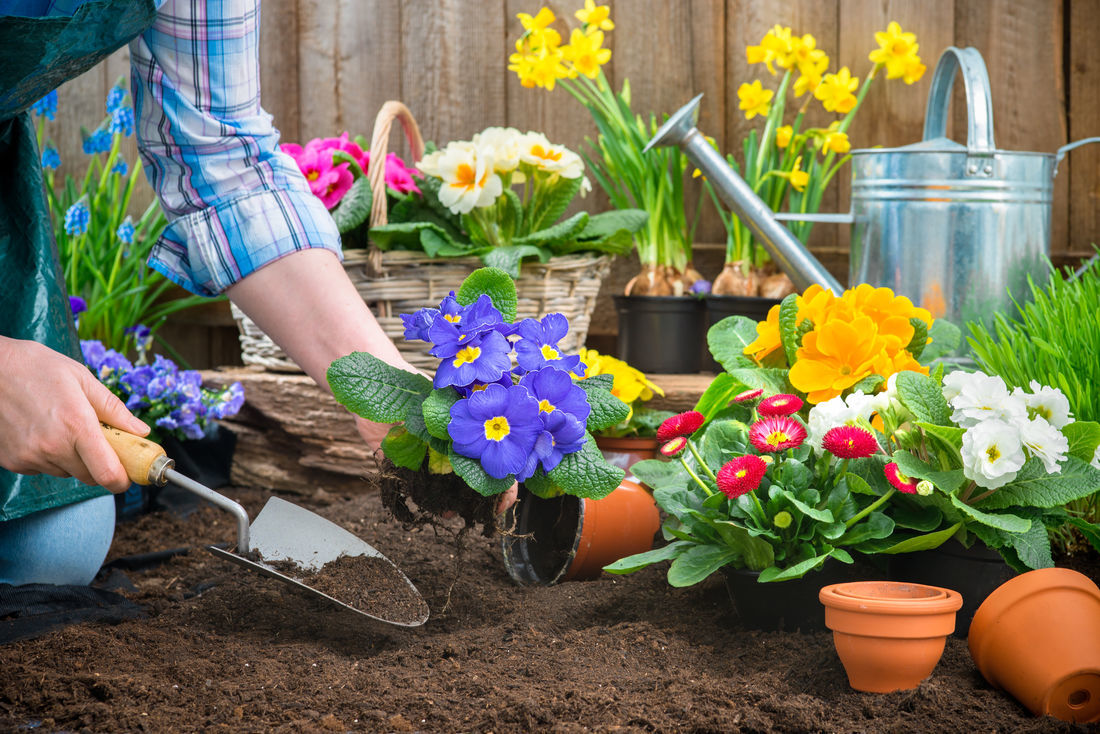The benefits of compostingSoil is a mixture of silicates, water, ions and living materials. One teaspoon of healthy soil contains a range of microorganisms similar to the biodiversity in a rainforest or tropical reef, while a couple of handfuls of good dirt has more living organisms than there are people on Earth. Composting is an essential addition to any garden project, providing your garden with several benefits including:
|  |
A guide to creating healthy soil
1You need to determine the type of soil you are working with – if it feels gritty then it is sandy, if it is sticky then it is clay. A lot of organic mulch is needed for sandy soil because it drains too easily and would quickly lose a thin layer of mulch. While manure-based mulches are more appropriate for clay soil – which doesn’t drain as well – because they will help to break if up. | 2The pH of soil is very important and will vary from region to region. A pH between 5.5 and 7.5 is good for vegetables, fruit and most other plants, while fruit grows better in soil with a pH of around 6.0. To raise the pH add compost or manure or limestone and to lower the pH add calcified seaweed or powdered sulphur. | 3A layer of organic mulch helps the soil retain moisture and provides food for the living organisms. Nutrient rich manures and compost are generally good for sandy soils and leaf mould is good for clay soils. |
4Fine compost is a soil conditioner that should be incorporated into the soil by lightly digging or rotary hoeing in to top layer of soil. | 5Coarse compost is an ideal ground cover because it has been composted and is not as nitrogen debilitating as raw bark mulch or wood chips. It will continue to break down and leach into the soil over time. It should be laid from 50 –120mm depth depending on requirements. |